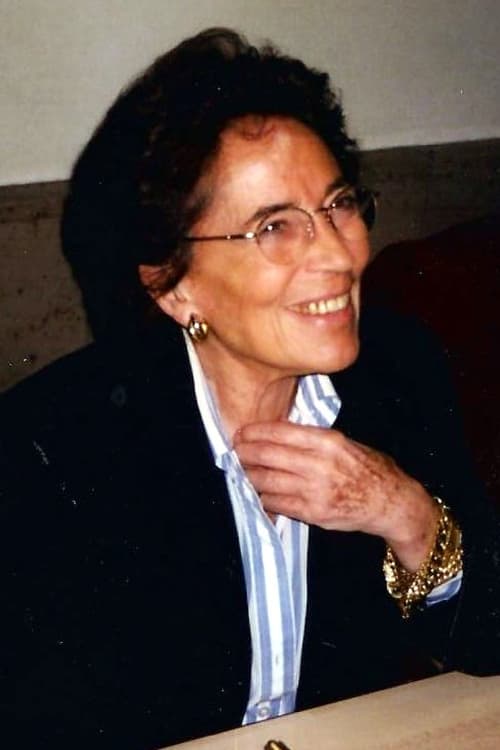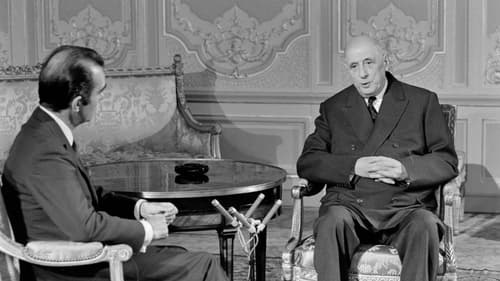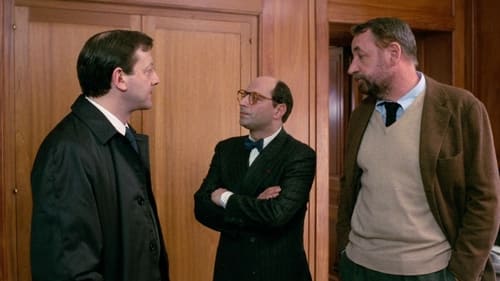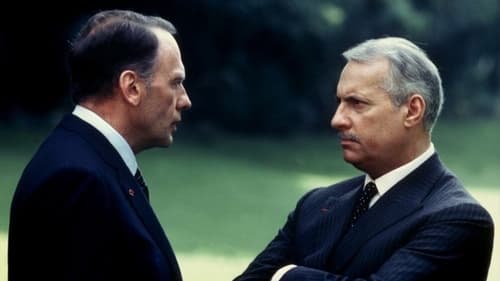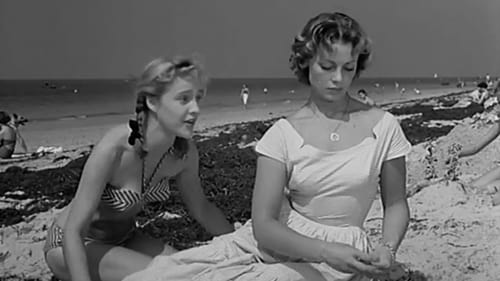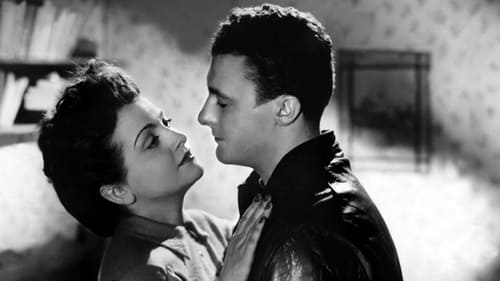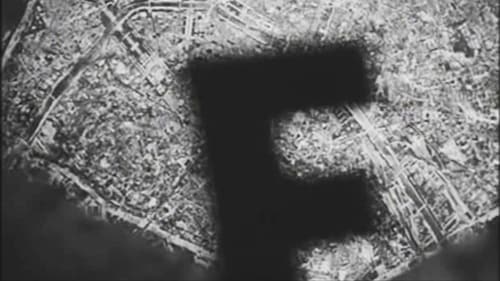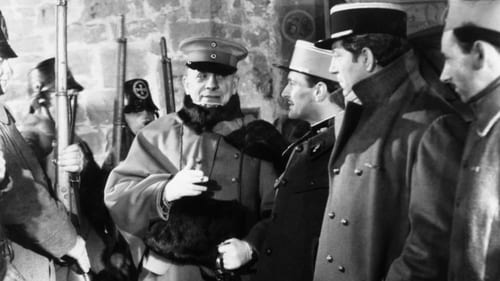Françoise Giroud
Birth : 1916-09-21, Lausanne, Vaud, Switzerland
Death : 2003-01-19
History
Françoise Giroud, born Lea France Gourdji (21 September 1916 in Lausanne, Switzerland and not in Geneva as often written – 19 January 2003 in Neuilly-sur-Seine) was a French journalist, screenwriter, writer, and politician.
Giroud was born to immigrant Sephardi Turkish Jewish parents; her father was Salih Gourdji Al Baghdadi, Director of the Agence Télégraphique Ottomane in Geneva. She was educated at the Lycée Molière and the Collège de Groslay. She did not graduate from university. She married and had two children, a son (who died before her) and a daughter.
Giroud's work in cinema began with director Marc Allégret as a script-girl on his 1932 version of Marcel Pagnol's Fanny. In 1936 she worked with Jean Renoir on the set of La Grande Illusion. She later wrote screenplays, eventually completed 30 full-length books (both fiction and non-fiction), and wrote newspaper columns. She was the editor of Elle magazine from 1946 (shortly after it was founded) until 1953, when she and Jean-Jacques Servan-Schreiber founded the French newsmagazine L'Express. She edited L'Express until 1971, then was its director until 1974, when she was asked to participate in the French national government.
From 1984 to 1988 Giroud was president of Action Internationale contre la Faim. From 1989 to 1991 she was president of a commission to improve cinema-ticket sales. She was a literary critic on Le Journal du Dimanche, and she contributed a weekly column to Le Nouvel Observateur from 1983 until her death. She died at the American Hospital of Paris while being treated for a head wound incurred in a fall.
In 1974, French President Valéry Giscard d'Estaing nominated Giroud to the position of Secrétaire d'État à la Condition féminine, which she held from 16 July 1974 until 27 August 1976, when she was appointed to the position of Minister of Culture. She remained in that position until March 1977, for a total service of 32 months, serving in the cabinets of Jacques Chirac and Raymond Barre. She was a member of the Radical Party, and on the election documents she listed her profession as "journaliste" (or journalist in English).
Giroud received the Légion d'honneur. She managed ACF, a Nobel-winning charity, from 1984 to 1988.
Giroud often voiced her goal: to get France "out of its rut". She said that Americans had the right idea; they didn't get into a rut. On her first visit to New York City soon after World War II ended, she had been struck by "the degree of optimism, the exhilaration" she had found there. That view stayed with her: "There is a strength in the United States that we in Europe constantly tend to underestimate."
Well into her 80s, Giroud appeared on French television, in the program 100 Ans (which explores the possibility of living to be a hundred). She appeared with face and hands bandaged from a fall just before the filming began. She was asked to recommend the diet that would provide for longevity; she replied "chopped steak and salads". She tried (and failed) to peel an apple with her bandaged hands; when she was unable, she burst out laughing.
Several laudatory newspaper articles about her death mentioned her sparkling sense of humor. ...
Source: Article "Françoise Giroud" from Wikipedia in English, licensed under CC-BY-SA 3.0.
